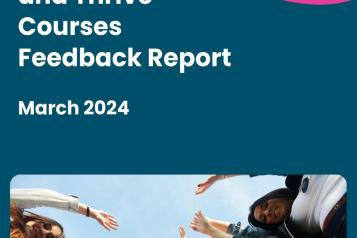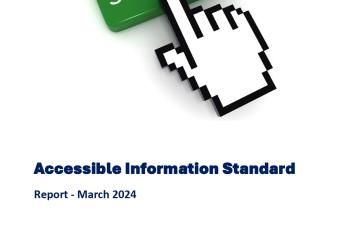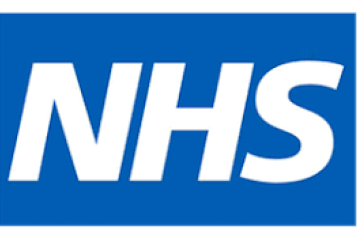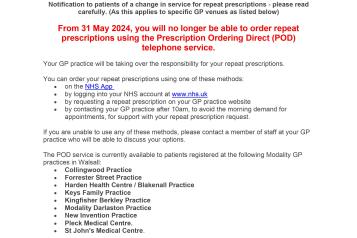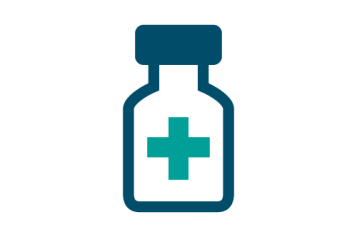
Vaccination clinics have been set up across the Black Country to ensure children are up to date with their measles, mumps and rubella (MMR) jab.
Measles is a highly infectious disease which can lead to serious complications such as severe lung infections and inflammation of the brain. It can spread quickly among communities, particularly schools and nurseries, if children have not had two dose the MMR vaccine.
All children are invited for their first MMR vaccine on the NHS when they turn one. The second dose is given when they reach three years and four months of age. Having two doses of the vaccine provides the best protection against MMR and adults and older children can be vaccinated at any age if they have not been fully vaccinated before.
The clinics, which are running from March until July, will be staffed by trained healthcare professionals from the NHS and Vaccination UK who specialise in childhood vaccinations and follow all necessary safety protocols. Children will need to be accompanied by a parent or guardian at the clinics.
The DTP vaccine, which provides protection against diphtheria, tetanus, and pertussis (whooping cough) and the MenACWY vaccine, which helps protect against meningitis and septicaemia (blood poisoning), are also available at these clinics. Both vaccines are given to children aged 13 or 14 (school year 9 or 10).
Parents and guardians of children who have missed or delayed one of these childhood vaccines are being encouraged to come forward. More information about the clinics, including how to book an appointment, can be found on the NHS Black Country Integrated Care Board website.
Dr Fiona Rose, local GP and Clinical Director for Quality and Safety for the NHS Black Country Integrated Care Board, said: “Measles is a serious but entirely preventable disease that spreads easily between unvaccinated people, in particular children. It’s highly contagious, so even a small decline in MMR vaccine uptake can lead to a significant rise in cases, which is why it’s absolutely vital that we ensure all children have the maximum protection.
“It’s understandable that parents may be worried about getting their child vaccinated, however childhood vaccines are safe and effective and offer the best protection for children. For decades, vaccinations have protected our children and young people from potentially serious diseases and by the time they leave school, a child will have been offered vaccinations against numerous different diseases or infections.
“So, if your child has missed a vaccination, please contact your nearest clinic and book an appointment – it’s never too late to catch up.”
In the UK, there are two types of MMR vaccine – MMR VaxPro® and Priorix®. Priorix® does not contain pork gelatine and both vaccines are available at the clinics.
Those who are unsure if they, or their child, are up to date with all their routine vaccinations can
confirm their vaccine status by checking:
• their child’s Red Book (personal child health record)
• the NHS App
• or by contacting their GP practice.
For more information on childhood vaccinations, please visit the NHS website.
